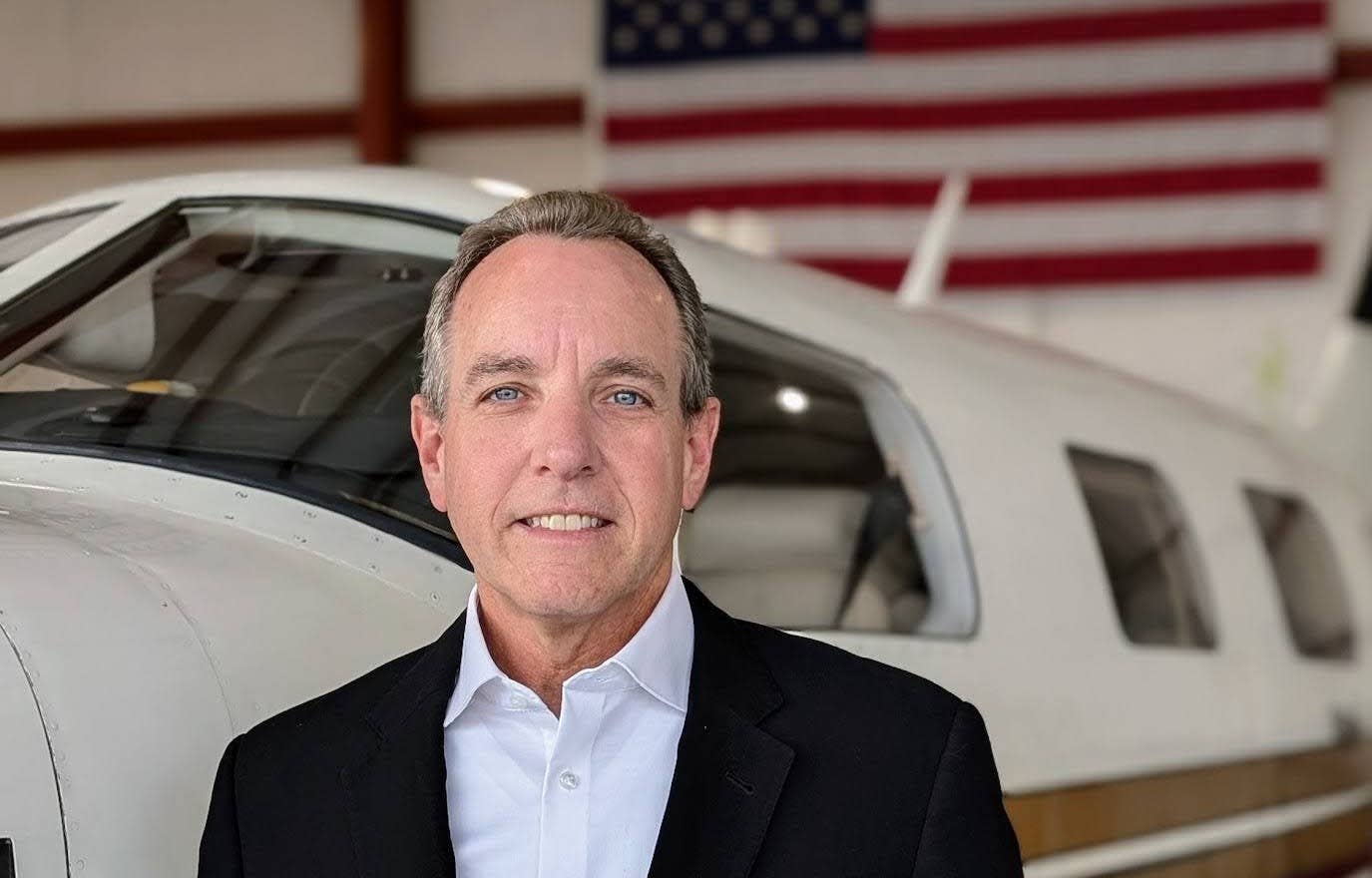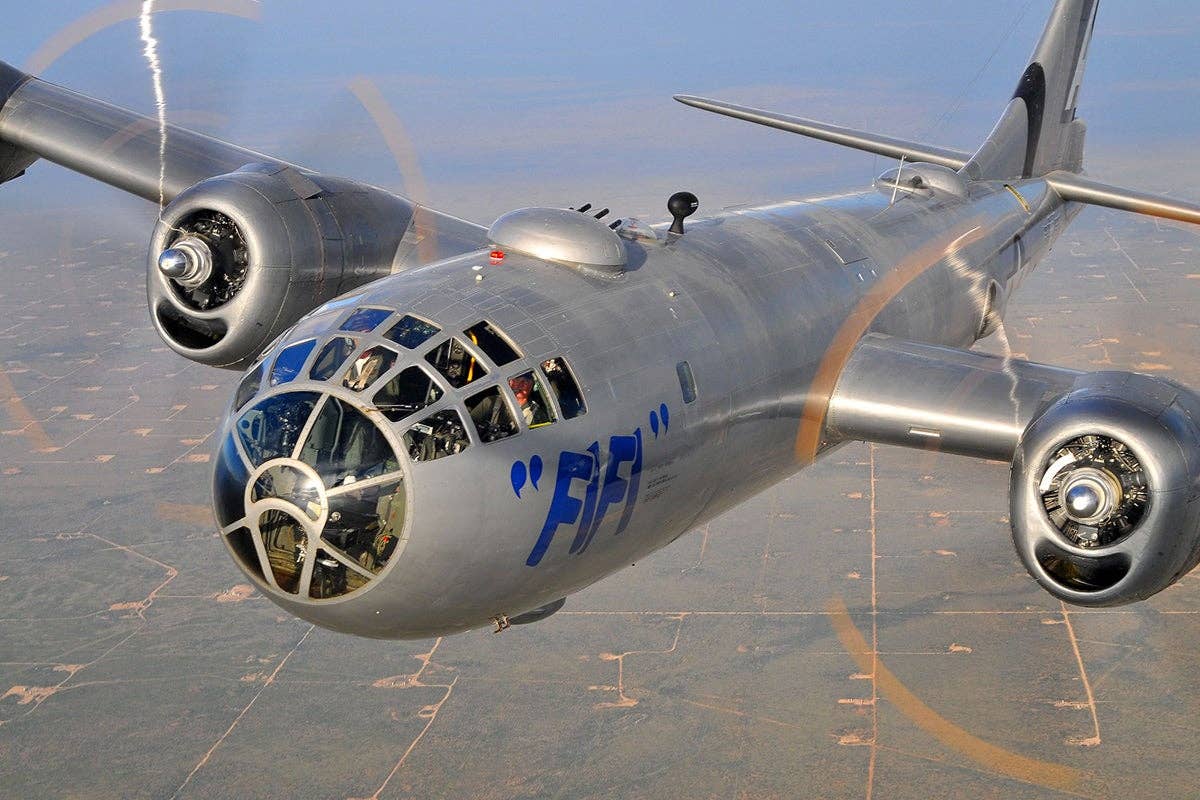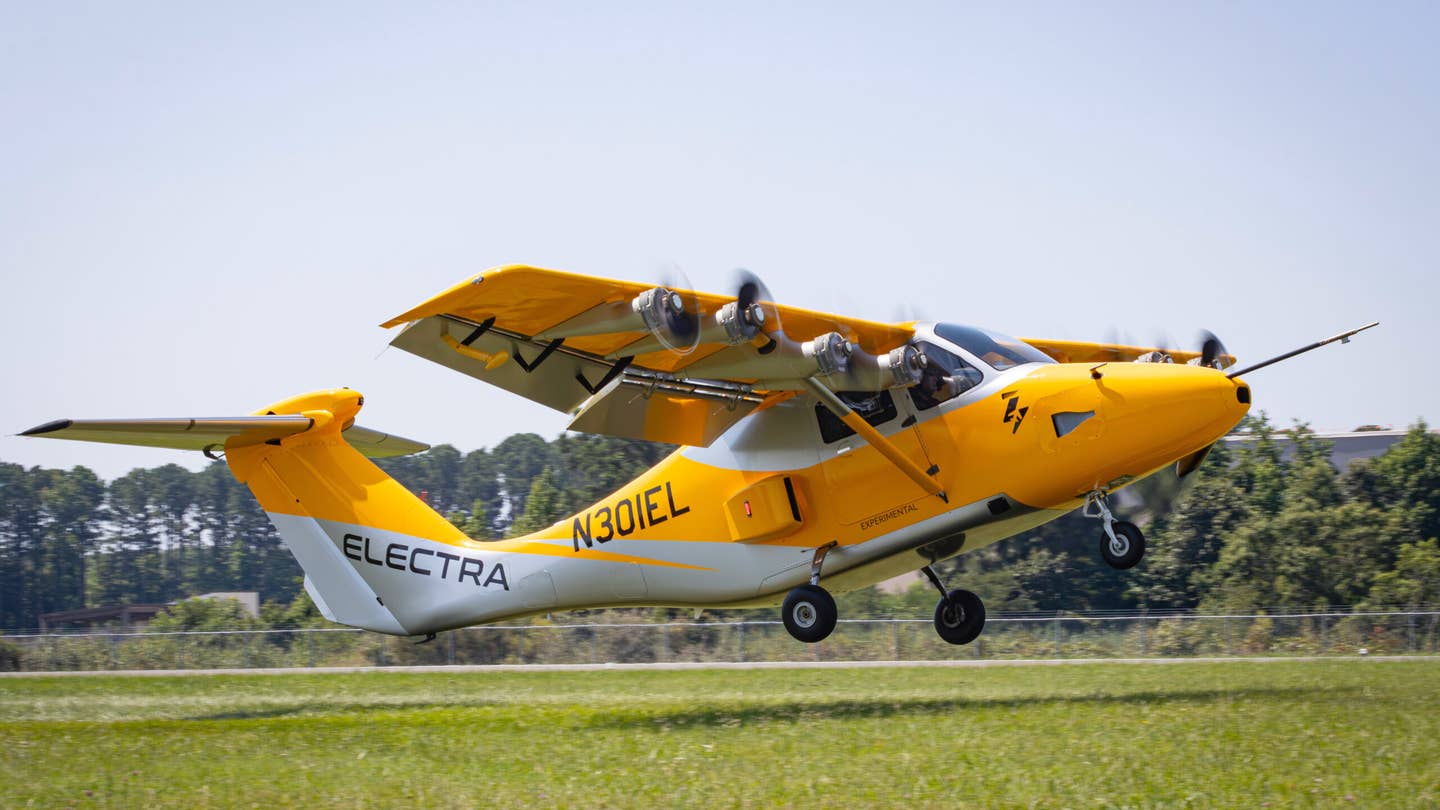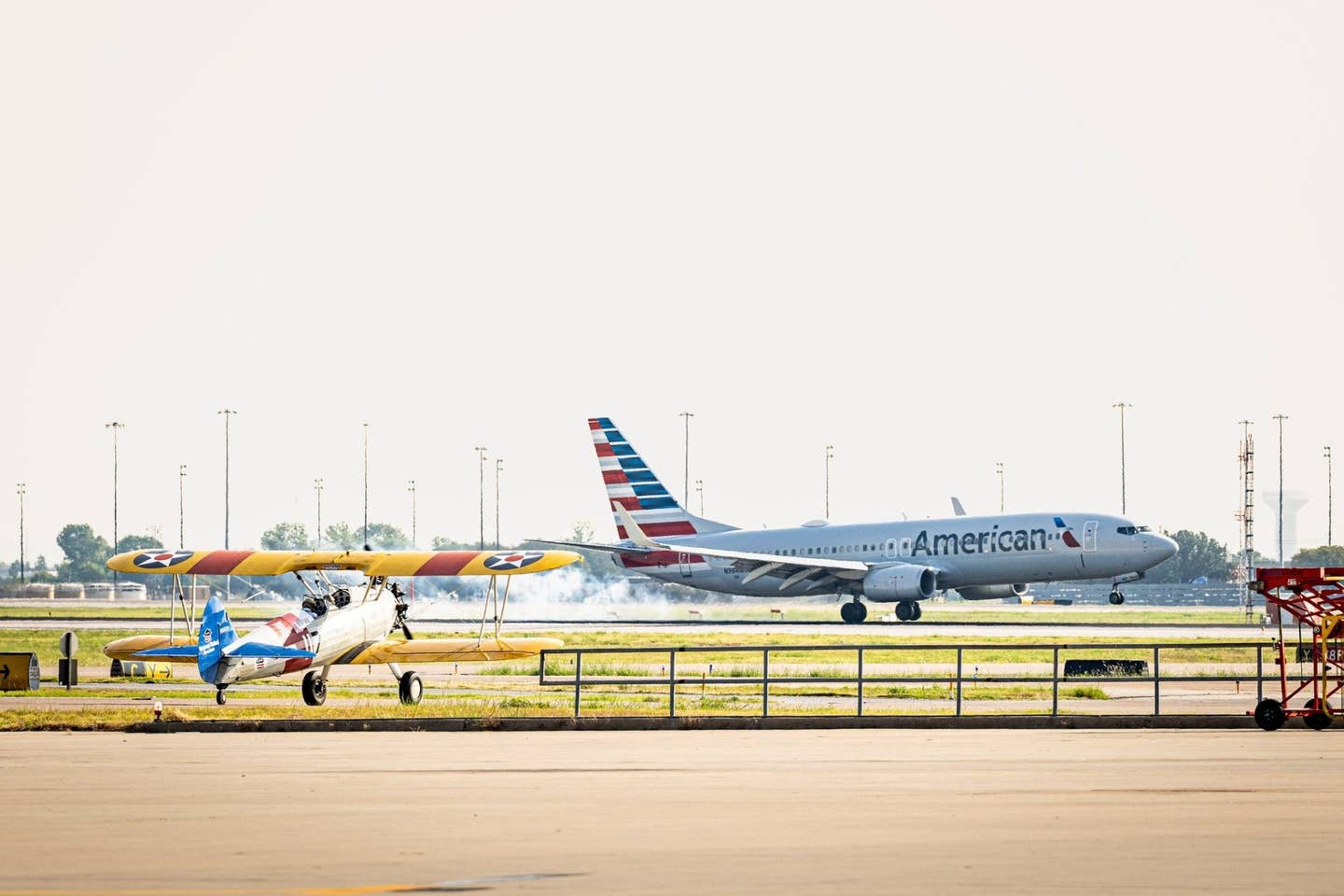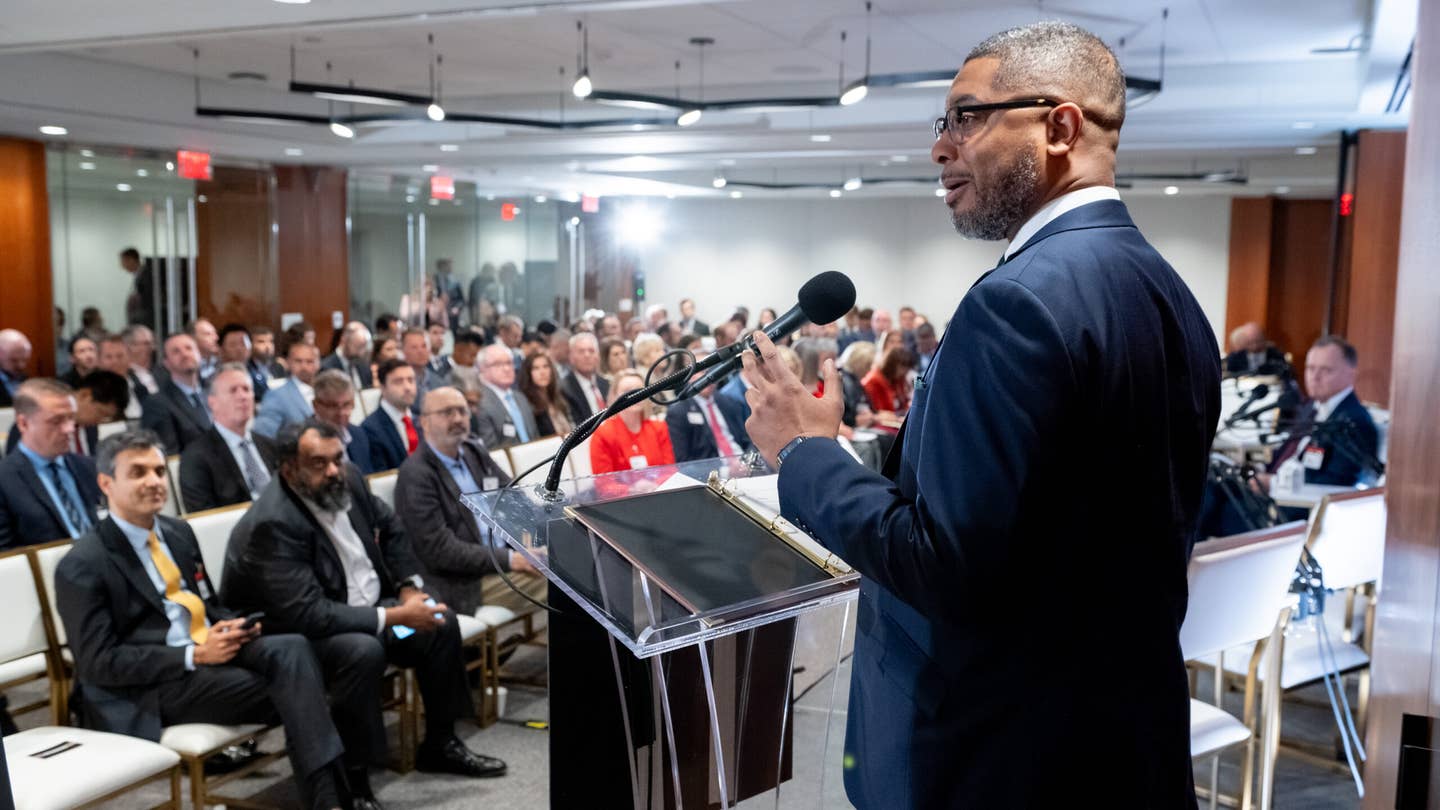DroneUp Downsizing Walmart Delivery Network in 3 States
The decision to cease operations in Arizona, Utah, and Florida comes as the partners hone in on Dallas-Fort Worth as a drone delivery hub.
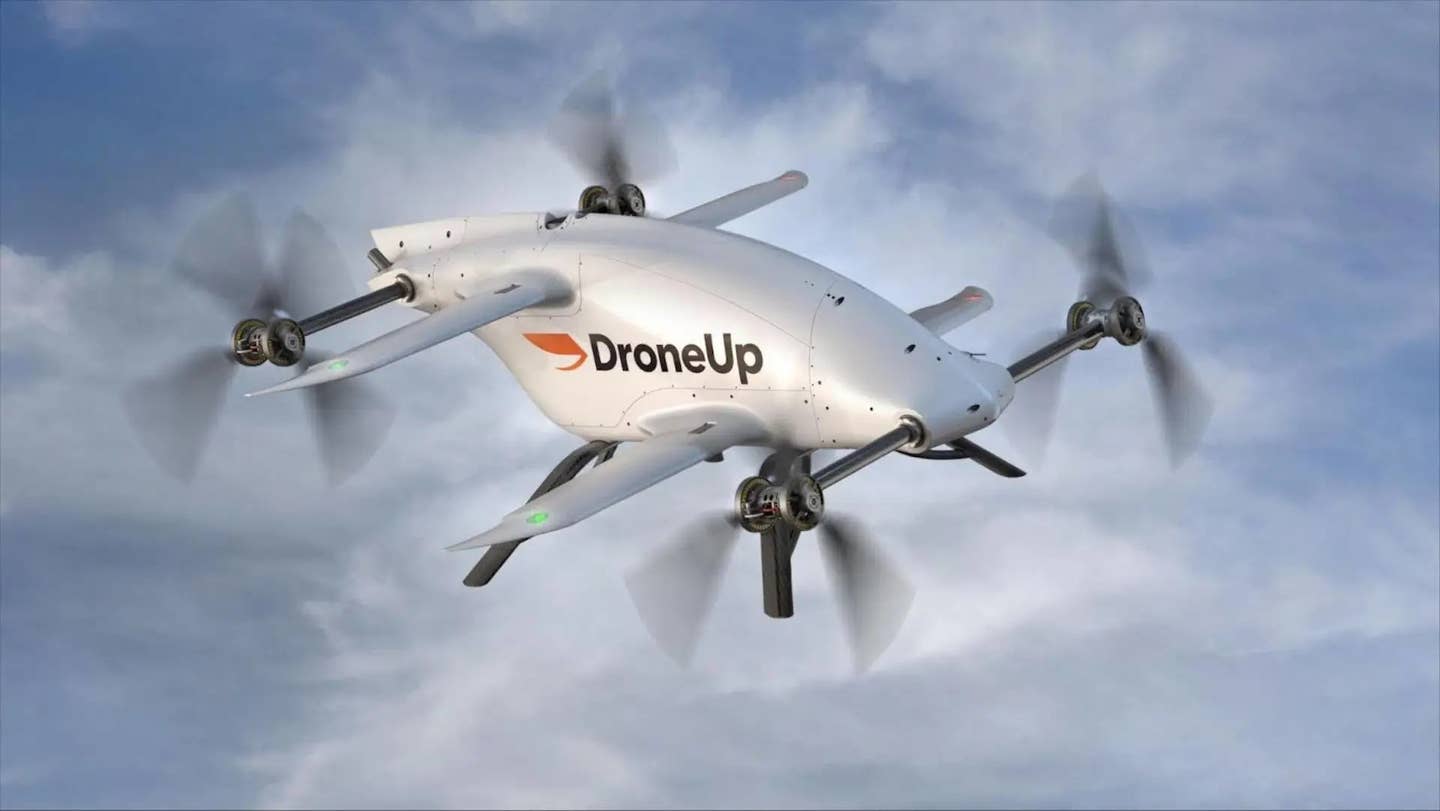
DroneUp and its recently unveiled delivery drones will focus on growing operations in the Dallas-Fort Worth area. [Courtesy: DroneUp]
DroneUp, the longtime drone delivery partner of Walmart, is ceasing its service in Phoenix, Salt Lake City, and Tampa, Florida, according to a new report.
The company last week told Axios it is shuttering 18 Walmart delivery hubs in those cities to focus on operations in the Dallas-Fort Worth area, which the retailer in January announced would expand to reach 1.8 million people.
According to the report, the decision will cost the jobs of 70 employees, or about 17 percent of DroneUp’s headcount.
“Layoffs are an unfortunate part of a business that is literally defining its own industry,” a DroneUp spokesperson told FLYING. “Like so many innovators before us, the decision to automate often leads to similar circumstances, but we acknowledge that this is a difficult time, especially for those with whom we've parted ways.”
The spokesperson declined to verify the number of sites that will close or how many employees will be affected.
After successfully trialing a drone delivery service near Walmart’s headquarters in Arkansas, DroneUp and the retailer expanded it to six states—Arkansas, Arizona, Florida, Texas, Utah, and Virginia—and an estimated 4 million people.
Per Axios, cutting Phoenix, Salt Lake City, and Tampa will leave the partners with 15 hubs, most of which are in Dallas-Fort Worth. The retailer is also working with drone delivery providers Zipline and Wing, a subsidiary of Google parent Alphabet, in that region.
“We are excited about the momentum and positive customer response we’ve experienced around drone delivery,” a Walmart spokesperson told FLYING. “This service will continue to evolve as we learn more about customer preferences and drone capabilities. Our drone delivery program is still a pilot, and by focusing our efforts in Dallas-Fort Worth, we can learn more about the potential to scale this innovative delivery option for Walmart’s customers.”
According to DroneUp CEO Tom Walker, it costs the firm about $30 to deliver a package, making its service unfeasible in its current form. To address that issue, the company is honing in on Dallas-Fort Worth as a testing ground for its autonomous drone Ecosystem, unveiled in March.
The Ecosystem comprises a suite of ground, air, and software products wrapped into a single platform, including software operating systems, automated ground infrastructure, and two next-generation drones.
The drones, which are designed to complete deliveries autonomously in as little as 30 minutes, fly between automated outdoor lockers and customers’ homes while producing about as much noise as a refrigerator at cruising altitude. Each is equipped with a special claw-like grabber that enables airdrops from as high as 120 feet.
Under this framework, DroneUp operators function like air traffic controllers, each assigned to monitor a swath of airspace. Retail associates, meanwhile, need only pack and load orders—the automated lockers and drones handle the rest.
“DroneUp remains committed to a strategy that supports our commercial partners and their customers,” a company spokesperson told FLYING. “The lessons we have learned in the last several years have informed a strategy to reshape the last mile of delivery with DroneUp’s Ecosystem platform that is economically feasible for sellers and scalable for buyers.”
The Ecosystem is designed to extend the range of the company’s operations, which were bolstered in January when the FAA approved it to fly its drones beyond the visual line of sight (BVLOS) of the operator. DroneUp is one of a handful of firms with BVLOS permissions, which can be obtained only via FAA waiver or exemption.
Walmart, meanwhile, recently introduced a drone delivery integration on its digital app, allowing customers to order directly from their phone or computer. The retailer began rolling out the offering in June and will notify customers when they are eligible for delivery through the app. Aiding that initiative is partner Wing, which introduced a suite of application programming interfaces (APIs) that Walmart can use to add drone delivery directly to its e-commerce platform.
In Dallas-Fort Worth, Walmart and its partners’ operations got a lift when the FAA removed BVLOS restrictions for Zipline and Wing. The historic move, announced in July, allows the companies to manage their own airspace with FAA oversight and removes a requirement to station human observers along delivery routes.
With fewer human capital needs and greater freedom to fly BVLOS, the firms should be able to cut costs while expanding their services to more customers. The authorization may have played a role in DroneUp’s decision to focus on the region.
Like this story? We think you'll also like the Future of FLYING newsletter sent every Thursday afternoon. Sign up now.

Subscribe to Our Newsletter
Get the latest FLYING stories delivered directly to your inbox


